Read a clean, structured walkthrough of White Paper – Version 03 (Oct 2021) created with the support of ChatGTP Section-by-Sction Breakdown + Key Structures 1. Abstract Purpose Core idea Three project phases (Explicitly aligned with UN SDGs 4, 10, 13, 17) 2. The Problem This section frames ARK as a response to three converging crises. […]
Autor: Knut Wimberger
ahoi crew 🙂 ⛵ our last release really paved the way to make the ARK available all around the world by being able to smoothly integrate new lingos. 🗣️📢🔈️ Apart from this, we show you a few incremental innovations which – as always – make bioregional and place-based education easy – for everyone and everywhere. […]
On Agile Democracy and Spheres of Justice
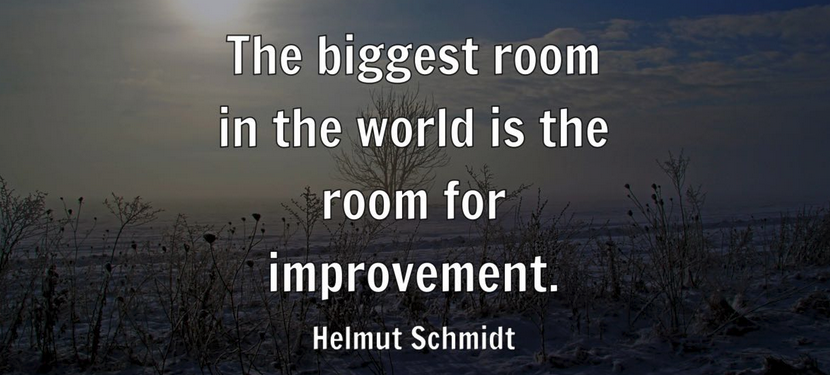
Nuclear warheads did not win the cold war. It was blue jeans. Leopard tanks will not win the war in the Ukraine. A conditional basic income will. Join me in this essay in a vision of agile democracies, where power, wealth and responsibilities are truly shared.

The rise of green movements around the world confirms that environmental awareness and planetary stewardship are the result of economic growth. Collective action against climate change and biodiversity collapse can only be successful when it is tied to fair wealth distribution. A solution to the social crisis is therefore also a solution to the environmental […]
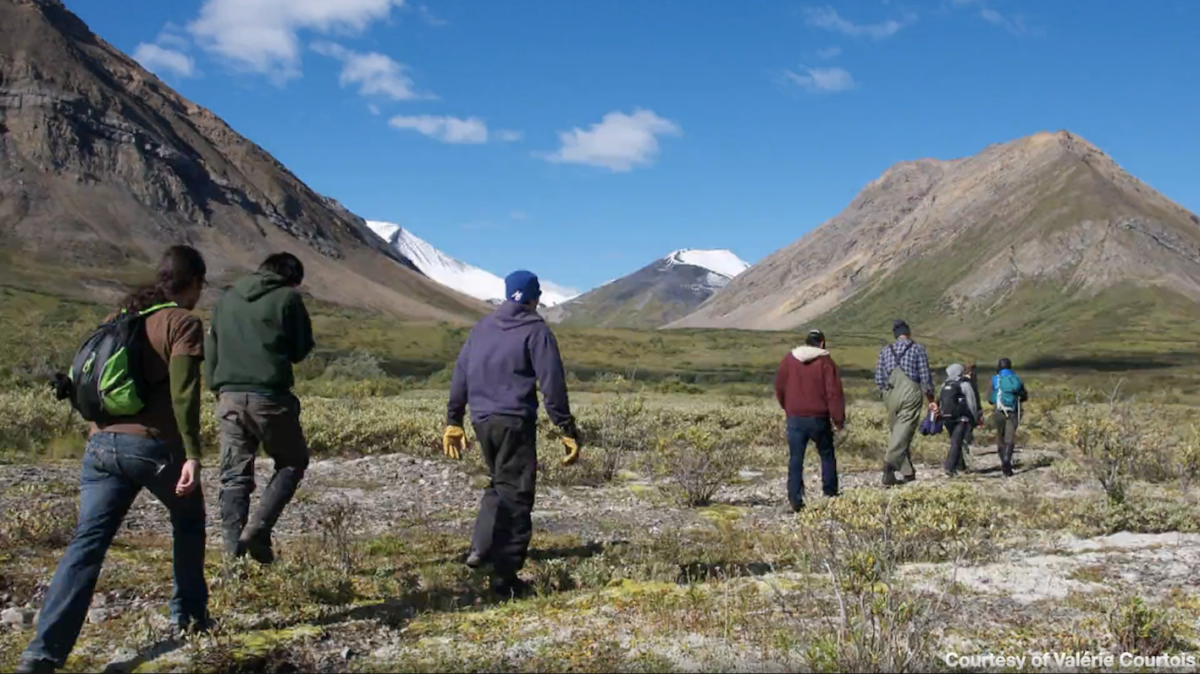
Indigenous stewardship shows a path on how to train guardians of the galaxy in every corner of the planet. Why are such bottom up strategies more promising than top down negotiations at COP conferences?

The consciousness crisis of humanity sits deep, so deep that I sometimes lose hope in our species. The Guardian wrote last week “Ordinarily a football World Cup would be a moment for celebration, a time to savor sport’s power to unite nations and a glorious distraction from the problems of the day.” Whoever wrote that […]
Bioregional Identities – Wait but why?
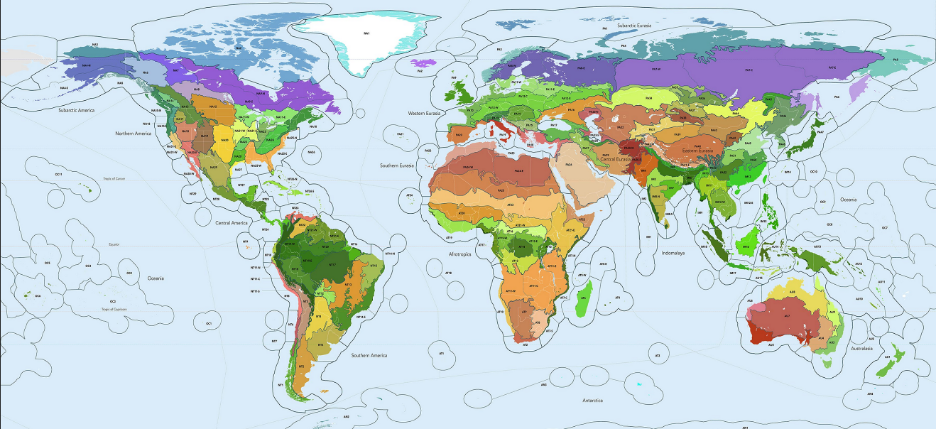
Bioregional Identities are a vehicle for transformation. They give us a new sense of self in an era which demands from us an adaptation to the finite reality of the ecosystems in which we live. Bioregional identities are a door into a sense of home and belonging which is based on nature instead of culture.
On The Value and The Management of Commons

This article dissects the 1968 essay on the “Tragedy of the Commons” by human ecologist Garrett Hardin. His recommendation to either close off one commons after another or reduce the human population by coercive birth control in order to prevent the collapse of the planetary ecosystem is subject of calculated logical error. The tragedy of commons is a tragedy of community. The author proposes distributed value accounting supported by a decentralized autonomous organization as a technological solution to the moral problem of how to allocate limited resources.
Downsizing our Upscaling?
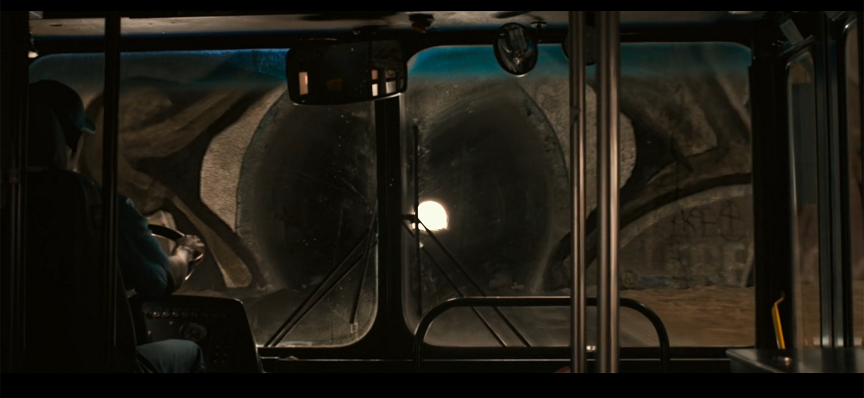
There is a light at the end of the tunnel
Worldcoin or Earthcoin
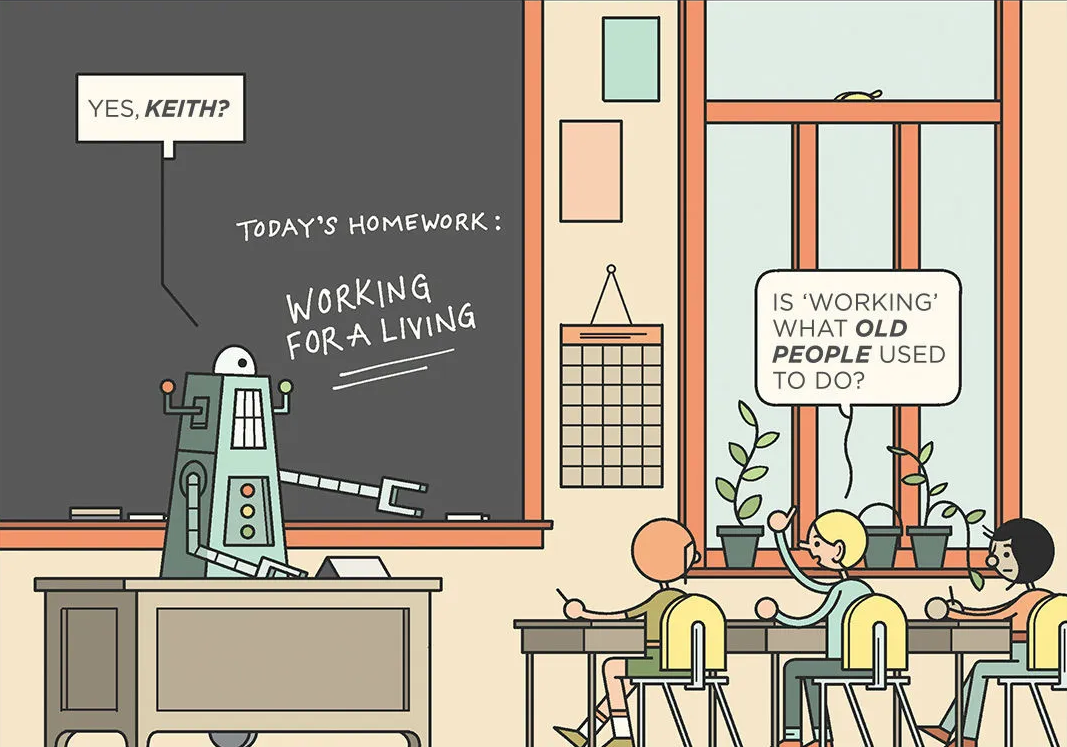
How can we distribute wealth fairly and sustainably across the world? A basic universal income is only one part of the answer.